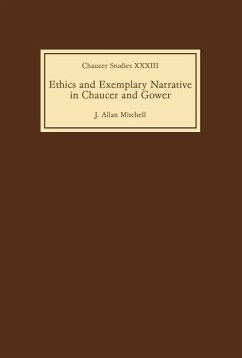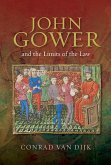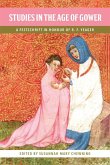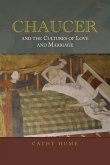Why do medieval writers routinely make use of exemplary rhetoric? How does it work, and what are its ethical and poetical values? And if Chaucer and Gower must be seen as vigorously subverting it, then why do they persist in using it? Borrowing from recent developments in ethical criticism and theory, this book addresses such questions by reconstructing a late medieval rationale for the ethics of exemplary narrative. The author argues that Chaucer's Canterbury Tales and Gower's Confessio Amantis attest to the vitality of a narrative - rather than strictly normative - ethics that has roots in premodern traditions of practical reason and rhetoric. Chaucer and Gower are shown to be inheritors and respecters of an early and unexpected form of ethical pragmatism - which has profound implications for the orthodox history of ethics in the West. Dr J ALLAN MITCHELL is Lecturer in Medieval Literature, University of Kent, Canterbury.
Hinweis: Dieser Artikel kann nur an eine deutsche Lieferadresse ausgeliefert werden.
Hinweis: Dieser Artikel kann nur an eine deutsche Lieferadresse ausgeliefert werden.








